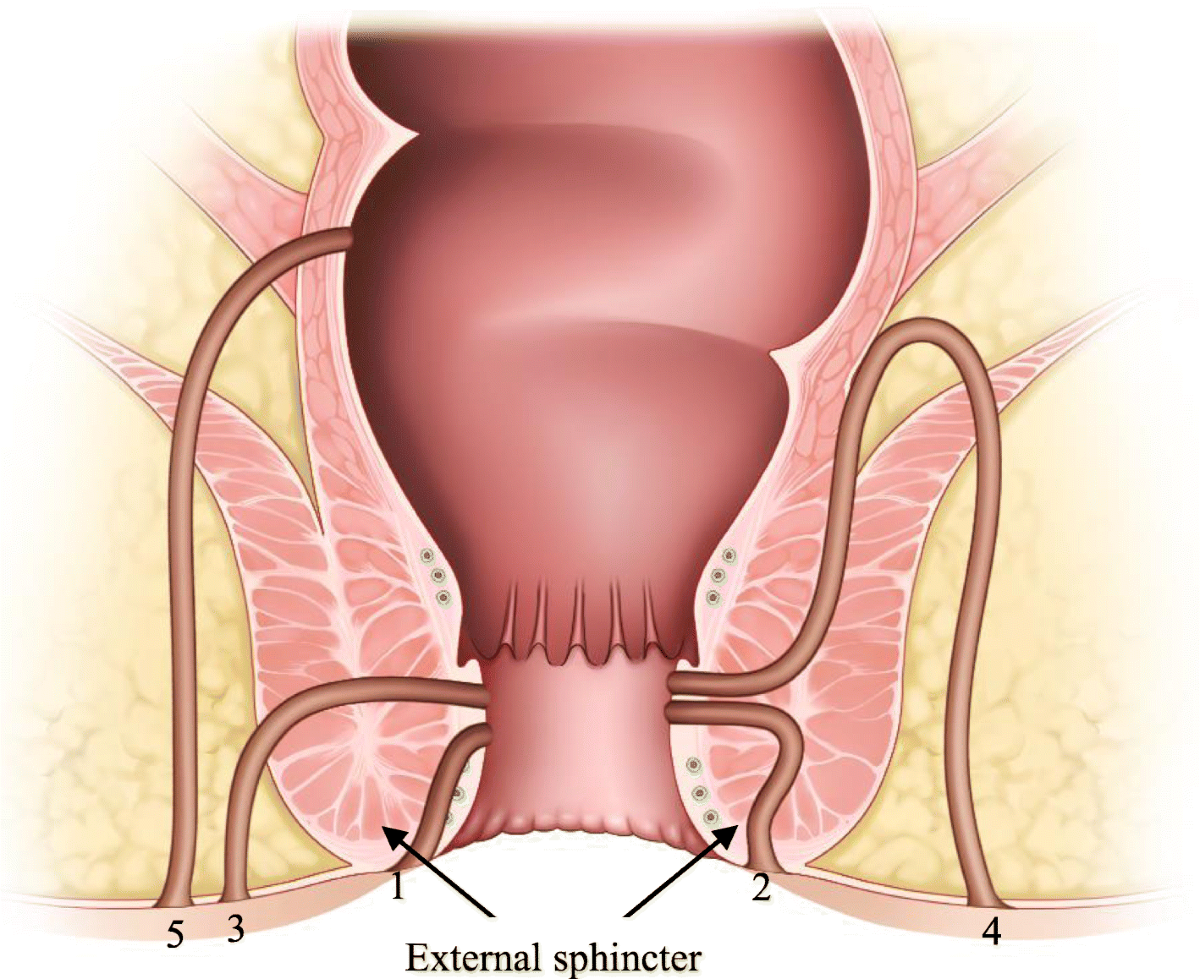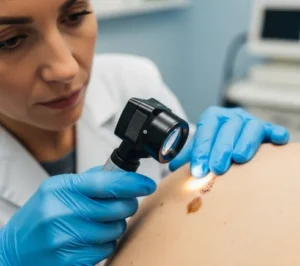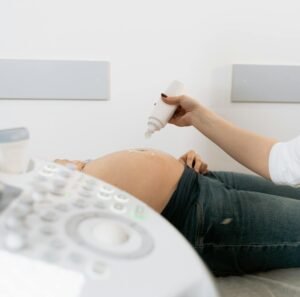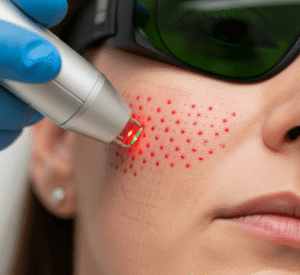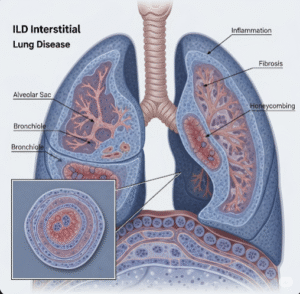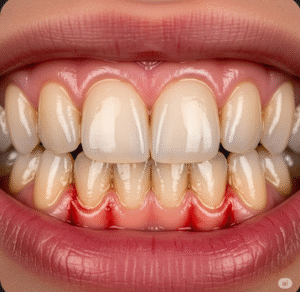Overview
An anal fistula is an abnormal tunnel-like connection between the inside of the anus or rectum and the skin surrounding the anus. It often develops as a result of an infection or abscess in the anal glands. Anal fistulas can cause recurring pain, swelling, discharge, and difficulty with hygiene. Treatment usually involves surgery to eliminate the tunnel and prevent recurrence.
What is Anal Fistula?
An anal fistula (also known as fistula-in-ano) is a chronic inflammatory tract that connects an infected anal gland inside the anal canal to the skin near the anus. It commonly develops after an anal abscess fails to heal completely. Fistulas can vary in complexity and may have multiple tracts or openings.
Symptoms
- Persistent pain or throbbing around the anus
- Swelling or a lump near the anal area
- Pus or bloody discharge from a small opening near the anus
- Irritation or itching in the perianal region
- Fever or chills (in cases of active infection)
- Recurrent anal abscesses
Causes
- Anal abscesses – most common cause
- Crohn’s disease or other inflammatory bowel diseases
- Tuberculosis or sexually transmitted infections (rare)
- Radiation therapy or trauma to the anal region
- Surgery complications involving the rectum or anus
Risk Factors
- History of anal abscess
- Inflammatory bowel disease (especially Crohn’s disease)
- Diabetes mellitus (impaired healing and infection risk)
- HIV or immunocompromised conditions
- Men (higher incidence than women)
Complications
- Chronic or recurrent infections
- Painful bowel movements and hygiene issues
- Development of multiple or complex fistula tracts
- Risk of incontinence if improperly treated
- Rare transformation into fistula-associated carcinoma (extremely rare)
Prevention
- Prompt treatment of anal abscesses
- Effective management of Crohn’s disease or other bowel disorders
- Maintain good perianal hygiene
- Avoid trauma or prolonged sitting on hard surfaces
- Regular medical checkups for patients with chronic inflammatory conditions
Treatment Options in Korea
South Korea offers advanced diagnostics and surgical expertise for managing anal fistulas, including minimally invasive and sphincter-preserving techniques.
Diagnosis Methods:
- Physical examination and probing of the external opening
- Anoscopy and endorectal ultrasound
- MRI of the pelvis to map complex tracts
Treatment Procedures:
- Fistulotomy: Most common surgery where the tract is opened and left to heal from the inside out
- Seton placement: For complex or high fistulas; helps drain infection and preserve sphincter
- LIFT procedure (Ligation of Intersphincteric Fistula Tract): A sphincter-saving surgical option
- Advancement flap surgery: For recurrent or complicated cases
- Fibrin glue or plug treatment: Minimally invasive options in early or simple cases
Top Hospitals in Korea for Anal Fistula Treatment:
- Samsung Medical Center – Colorectal Surgery Department
- Severance Hospital (Yonsei University)
- Asan Medical Center – Digestive Disease Center
- Seoul St. Mary’s Hospital – Minimally Invasive Proctology Clinic
Post-operative Care:
- Regular follow-up and wound care
- Sitz baths and hygiene maintenance
- Pain management and stool softeners

